If you're searching for “how to know if the radiator is leaking,” below are the five common symptoms:
- There is a puddle underneath the vehicle
- Low coolant level
- Engine overheating
- Sweet smell
- Steam under the hood
The radiator is a significant component of your cooling system. It is responsible for maintaining the engine temperature at the optimum level. If the radiator fails, your vehicle will continue overheating, leading to significant problems.
Unfortunately, The radiator will not last forever, and it's not surprising to deal with radiator problems during the lifetime of your car. However, you must address these problems as soon as possible before things get out of hand.
This article serves as a detailed guide to help you understand the main signs, diagnosis, and repairs to help answer the question, “How do you know if the radiator is leaking?”
Why is it critical to address any radiator leak?
Before we dive into the details about the main symptoms you'll experience when the radiator is failing and leading to a coolant leak, you must understand why it is critical in the first place to address radiator leaks.
As we indicated earlier, the radiator is an important component in the cooling system. It's responsible for observing the coolant temperature when it exceeds a certain threshold, so this coolant can drop the engine temperature when it's ne
Over time of use, this radiator will not last forever, and as it fails, you will deal with many problems as it might cost you a lot of money. The following list summarizes some of the main and most crucial issues that you might experience when your radiator is failing:
1. Engine overheating
The biggest concern about coolant leaks from the radiator side is engine overheating. The engine is designed to withstand a certain range of temperature, and if your vehicle exceeds this range, it's not good because the engine can fail by destroying itself.
That's why you must maintain your coolant's optimum quantity and quality. If you suspect the coolant is leaking from the radiator location, you must address any faulty seals or anything leading to this problem.
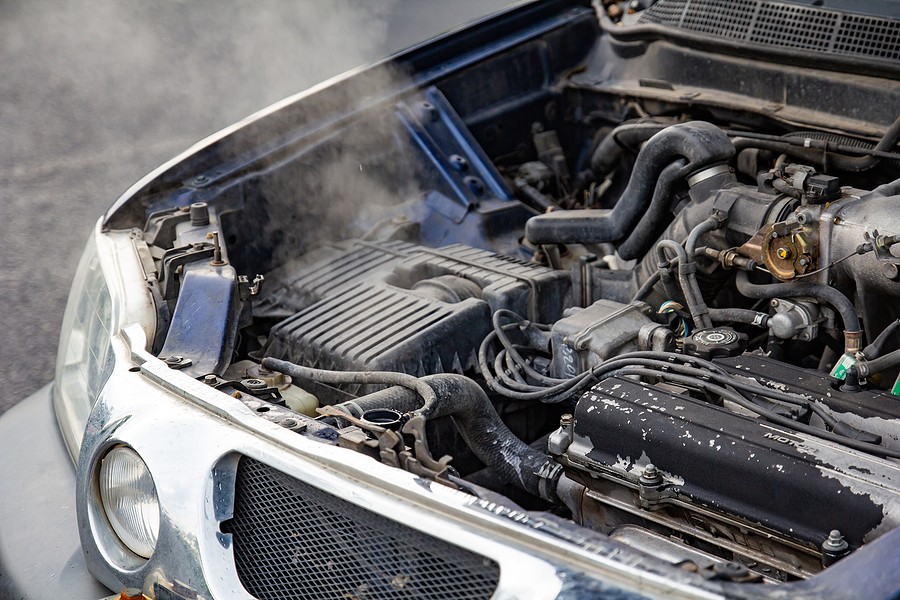
2. Complete engine damages
If the engine continues to overheat and approaches the maximum threshold, it's unsurprising to deal with complete engine damage. This can be very significant and might mean you must give up on your car.
Unfortunately, many inexperienced drivers who did not know the significance of addressing coolant leak problems ended up giving up on their cars and had to sell them because repair costs were more likely higher than the vehicle value.
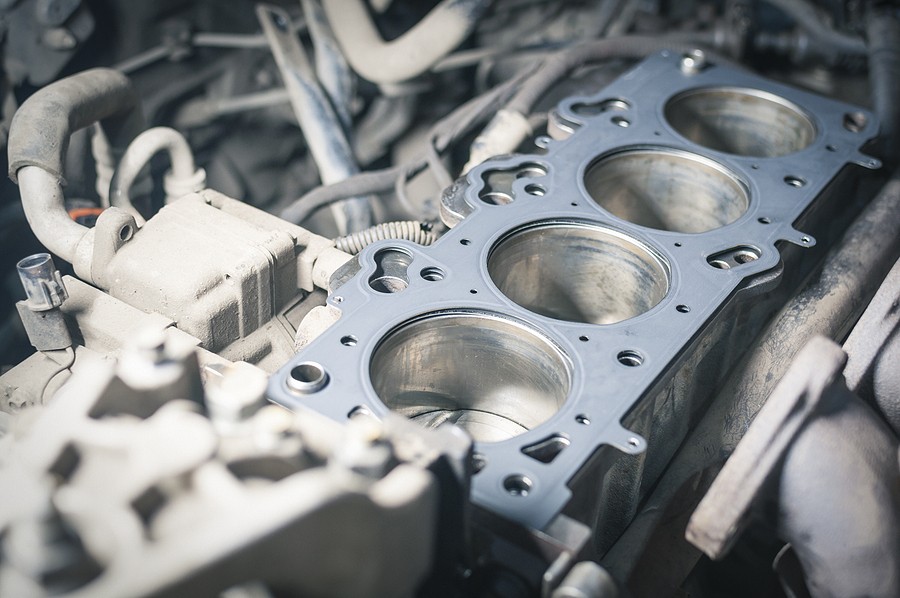
3. Stranded on the road
Finally, if you experience an overheating problem in an area that does not have a lot of help, you might get stranded on the road. To request service will cost you money, which is not worth it sometimes if it's very significant.
Not only is it dangerous to get stranded in areas with few people, but it is also a lot of resources that you always need, in addition to getting stuck when you're probably heading towards an important meeting on appointments.
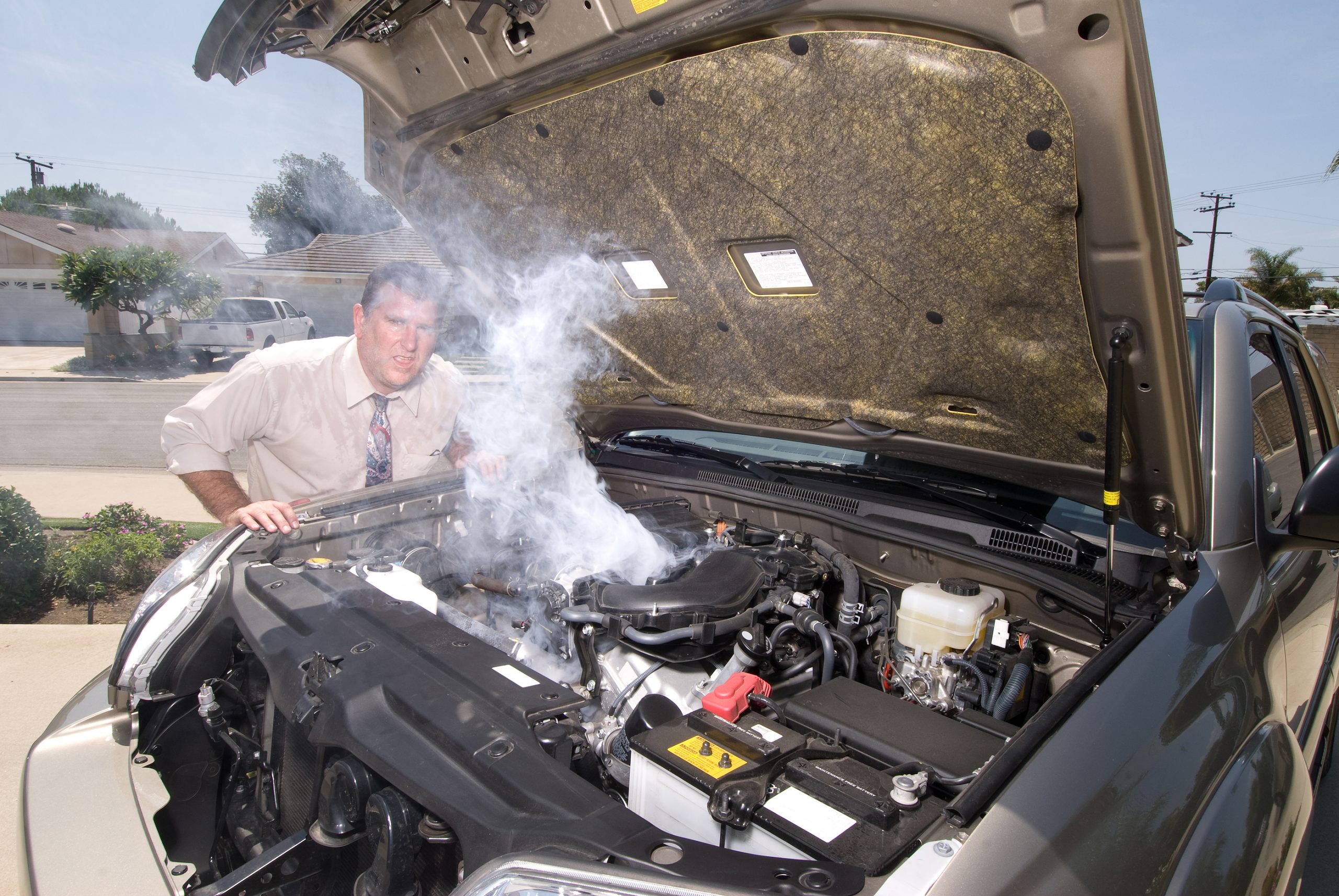
How do we know if The radiator is leaking?
As you notice, dealing with coolant leaks is not fun. It can lead to all sorts of problems that might cost you money, time, and frustration. Therefore, it is important for you as a car owner to understand what to look for if you suspect that the coolant is leaking from the radiator side.
The following list summarizes the five most important symptoms you will experience when there is a radiator leak, and this should help you answer the question, “How do you know if their idea is leaking?”
1. Puddle underneath the vehicle
The first and most obvious thing you will experience when the radiator leaks coolant is puddles of fluid underneath the vehicle from the coolant location. Of course, whether this fluid is coolant or something else, you should not ignore the problem because it's typically related to significant issues in the vehicle.
Your vehicle's fluids must be maintained at the right quantity and quality. I suppose if there is any fluid leaking underneath the car. In that case, it means that that particular component is losing an important fluid, which means that it will suffer from stress or other problems that might make it fail.
2. Low coolant level
If you didn't see puddles of fluid underneath the car, you might be dealing with a small or minor coolant leak. Or, potentially, the leak is just internal. Therefore, you should not stop here and look for other symptoms to help you identify any potential coolant leak from the radiator side.
Sometimes, looking at the coolant level is a quick way to do that. The coolant level must be maintained within a certain range, and if the current drops below the minimum, the engine might overheat significantly.
You must monitor the coolant level frequently because, without it, you won't know when it drops below what it should and when it drops significantly.
You also need to refer to your vehicle owner's manual to identify the location of the reservoir so you can see where to look for the coolant level. Experts recommend that you never touch the cooling system when the vehicle is hot and allow it to cool down for about 30 minutes to one hour.
3. Engine overheating
Unsurprisingly, if you ignore any potential coolant leak in your car, you will start experiencing engine overheating. You can confirm this by monitoring the temperature gate on the dashboard.
Sometimes, the temperature gauge might read very high, but in some instances, it might fluctuate in a way that's not normal. If you're experiencing any of those, you'll most likely deal with engine overheating because this gauge communicates with the engine and reflects its current temperature.
4. Sweet smell
Since the coolant has a sweet smell, some people mentioned that they noticed a strong, sweet smell in the vehicle when a coolant was leaking inside the car. That's why we always recommend that you never ignore any smells coming from your car, even those that will be good smells.
In many instances, if the coolant is leaking outside the car, you won't notice it inside. However, if it's an internal leak, you'll notice a strong smell that can be very dangerous for those who have respiratory problems.
5. Steam under the hood
Finally, and in some severe scenarios, a coolant leaking from the radiator side might lead to steam coming from underneath the hood. This can be a significant and critical situation that might impact your safety and make you very nervous.
It's always recommended that you monitor for the earlier symptoms to help avoid dealing with this extremely critical situation because it can be very scary, especially for those who don't have experience.
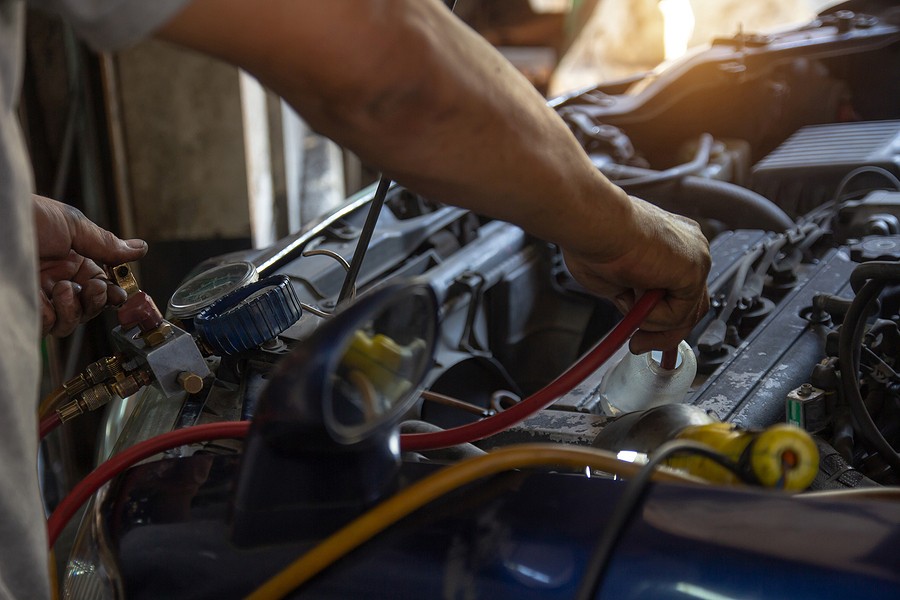
How do you diagnose radiator leaks?
If you suspect that you're dealing with equivalently, you cannot rely only on the five mentioned symptoms. In other words, you have to do your diagnosis, which you can do without even going to the mechanic.
The following step-by-step process should help you diagnose whether you're dealing with any potential or other leaks in your car. It should help you narrow down the list of potential culprits to make it easy on your mechanic and not spend the time looking into the wrong components.
1. Perform a visual inspection
The visual inspection will be the easiest thing you can do. However, it's important that even if you're performing a visual inspection, your vehicle cooled down for some time because if you try touching the cooling system, it can be very dangerous and might have risks of getting burned.
2. Consider a pressure test
If you're a mechanic or have the right skills and tools, you might want to consider performing a pressure test. The cooling system must operate within a certain pressure level; if you tested this pressure and realized that it's lower than what it should be, it might indicate a coolant leak, but you have to confirm whether it's related to the radiator or something else.
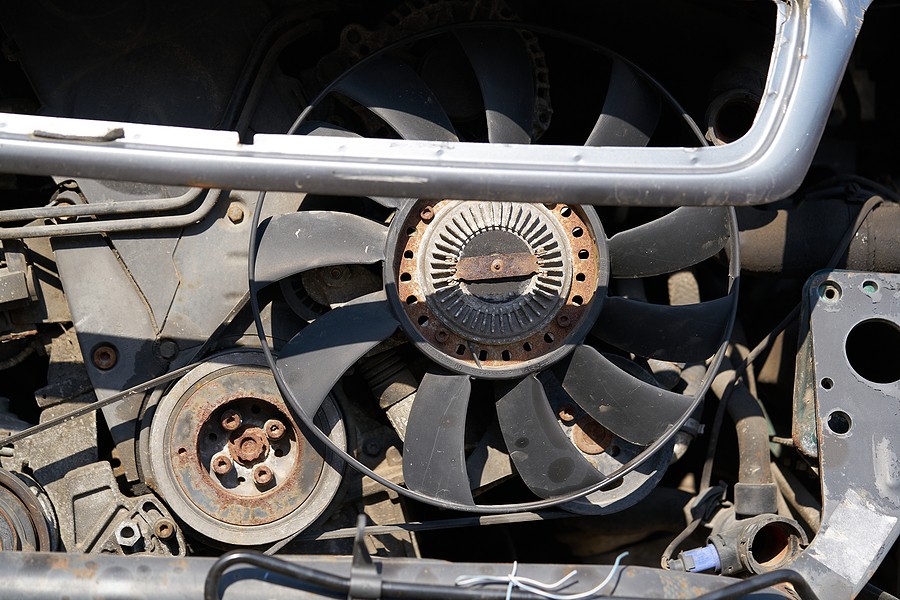
How to fix radiator leaks?
Coolant leak is a critical problem; whether it's coming from the radiator side or somewhere else, you should not ignore it. The repair only addresses the leaks and identifies the broken seal so your mechanic can fix them.

Final Thoughts
Radiator coolant leak is a very common problem you might experience during the lifetime of your car. You must have the problem as soon as possible.
To be able to address the problem, you must learn about the main symptoms that could help you answer the question, “How do you know if the radiator is leaking?”
This article lists the five most common symptoms that could help you confirm whether your radiator is leaking coolant. It also walked you through some diagnostics options, along with potential repairs.
For similar articles, visit our blog by clicking here.



